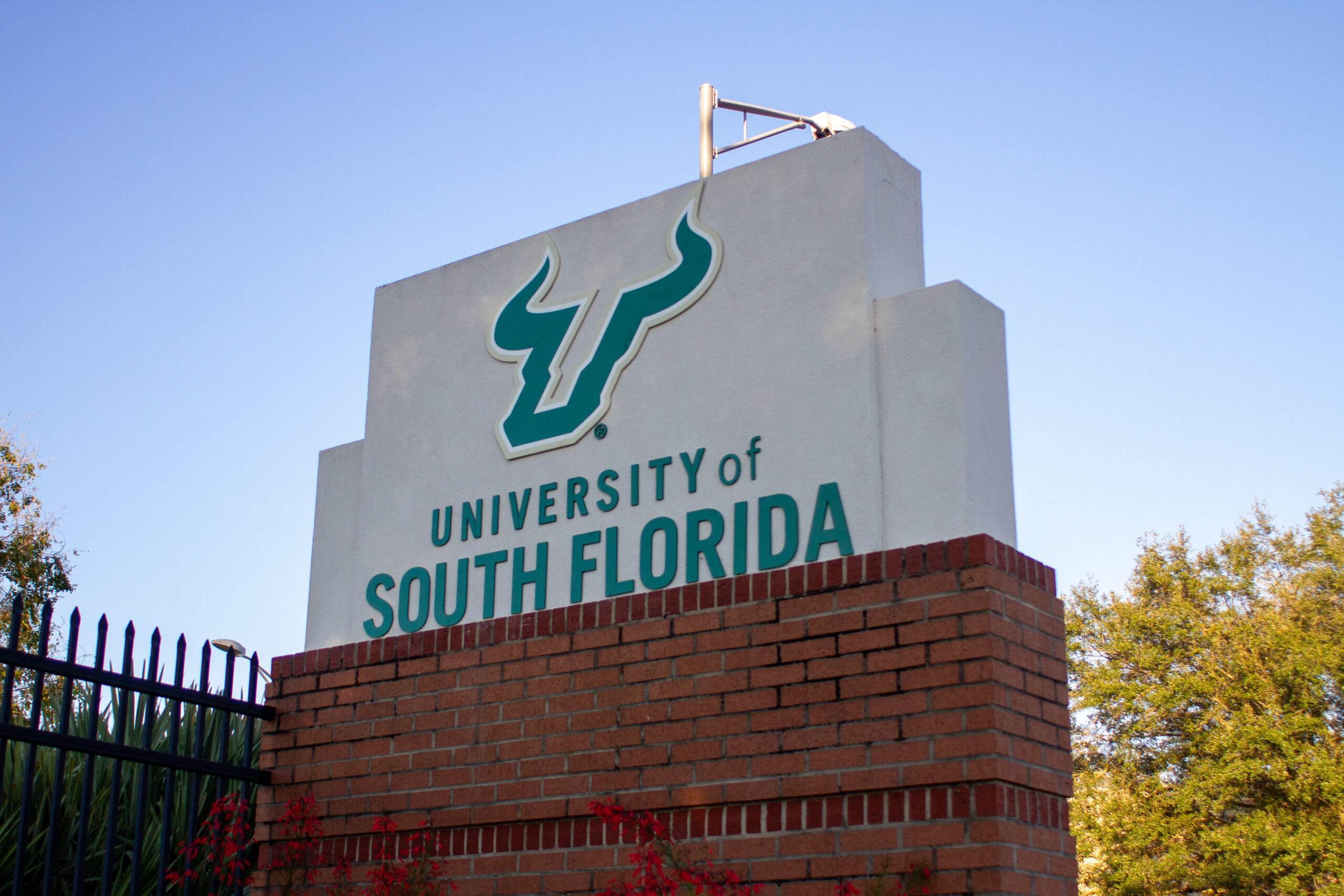UFF condemns Viewpoint Diversity Survey

The United Faculty of Florida (UFF) released a statement April 5 urging community members of Florida universities to ignore the Intellectual Freedom and Viewpoint Diversity survey that was sent out by the Florida Board of Governors (BOG) on April 4.
In a list of seven concerns surrounding the survey, which ranged from recipients’ rights to privacy to biased wording, the group condemned the survey.
“Ignoring this survey is an act that protects individuals of all political persuasions, now and into the future,” the group said. “This survey would not pass ‘validity tests’ in any institutional review process, as there is no way to ensure that responses will reflect the demographics of the institution. It is not worthy of time away from our teaching and research.”
Two slightly differing surveys were sent to students and university employees, with a quick message stating it would take five to 10 minutes to complete it, and that all submissions would be completely confidential and anonymous.
Professors and other faculty were questioned on whether they involve their personal political beliefs in the content they teach, and if they believe the university supports material covering a wide range of political ideologies.
Students were asked similar questions about whether they believe they are free to discuss their opinions on campus.
However, UFF argued there are not many safeguards in place to ensure answers will actually remain anonymous. They also cite concerns that one student may submit several surveys due to the lack of verification around who answers the questions.
Students, faculty and staff were also the primary targets of the survey, despite the relatively smaller impact they have on campuswide beliefs, UFF said. Administrators and other leaders, who may have greater influence over campus viewpoints, conversely faced little pressure from the survey, according to the union.
UFF has also brought up concerns that the survey was searching for particular answers based on its wording. The survey’s questions establish that there is already an issue associated with viewpoint diversity on college campuses, according to the faculty union, and is looking for confirmation of this from the responses.
The survey was initially established under House Bill (HB) 233, which Gov. Ron DeSantis signed into law in June. Beyond the survey, HB 233 also prohibits the BOG and the State Board of Education from preventing students, faculty and staff from accessing certain kinds of information.
This extends to universities, where staff, faculty and students would be able to sue universities if they believed they were being prevented from accessing some political viewpoints or information. UFF said this may lead to the spreading of hate speech, which universities would be unable to suppress due to the legislation’s provisions.
Overall, the group believes the survey is part of a larger plot from Florida conservatives to encourage right-wing ideologies on college campuses. HB 233 is a continuation of the role of politics in the classroom, which includes restrictions on discussion of race in Senate Bill 148, according to UFF.
Shortly after the approval of HB 233, UFF filed a lawsuit in August against the State of Florida, saying the law was unconstitutional.
“Through open intimidation, secretive threats and political and administrative coercion, this law is designed to chill First and Fourteenth Amendment rights, as well as the right to privacy, of Florida’s higher education students, faculty and staff,” the union wrote in a press release.
On April 5, Judge Mark E. Walker of the U.S. District Court for the Northern District of Florida denied the state’s attempt at dismissing the lawsuit.
“We look forward to seeing this law struck down in court as an affront to democracy and the American way,” UFF said in a press release that same day. “We will continue our fight for all of Florida’s students, faculty, staff and higher education community members until that day comes.”







